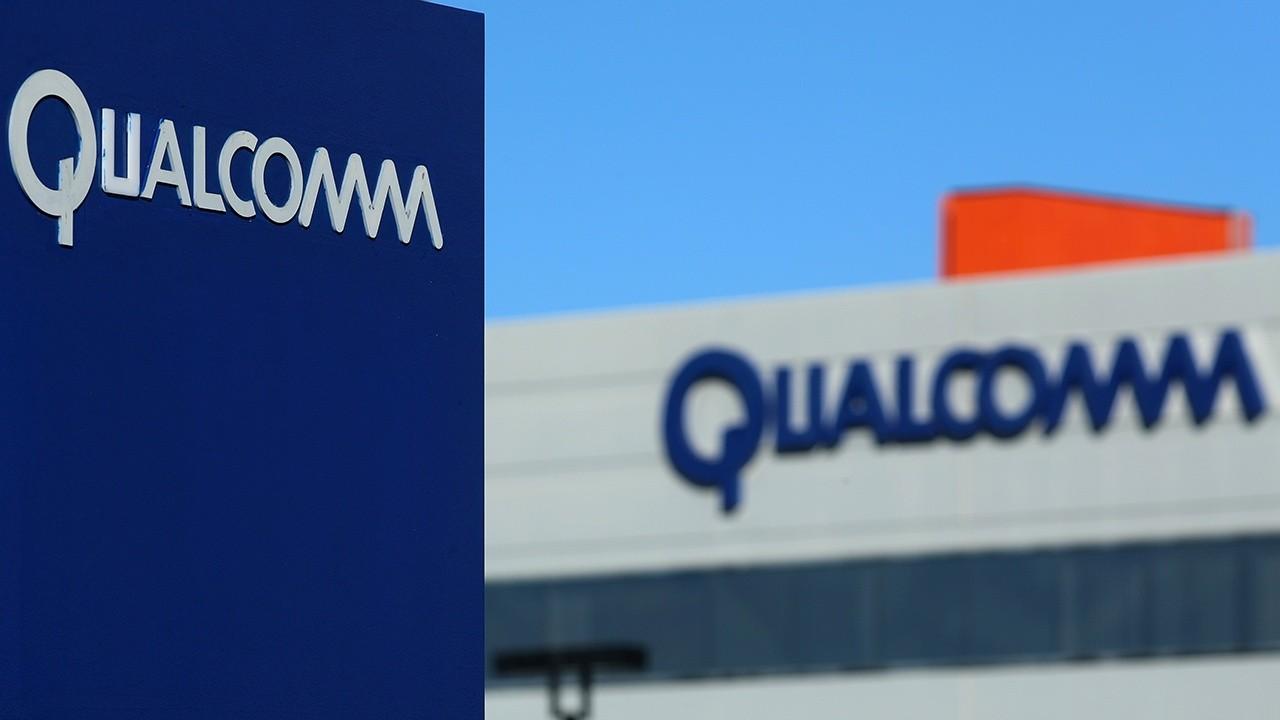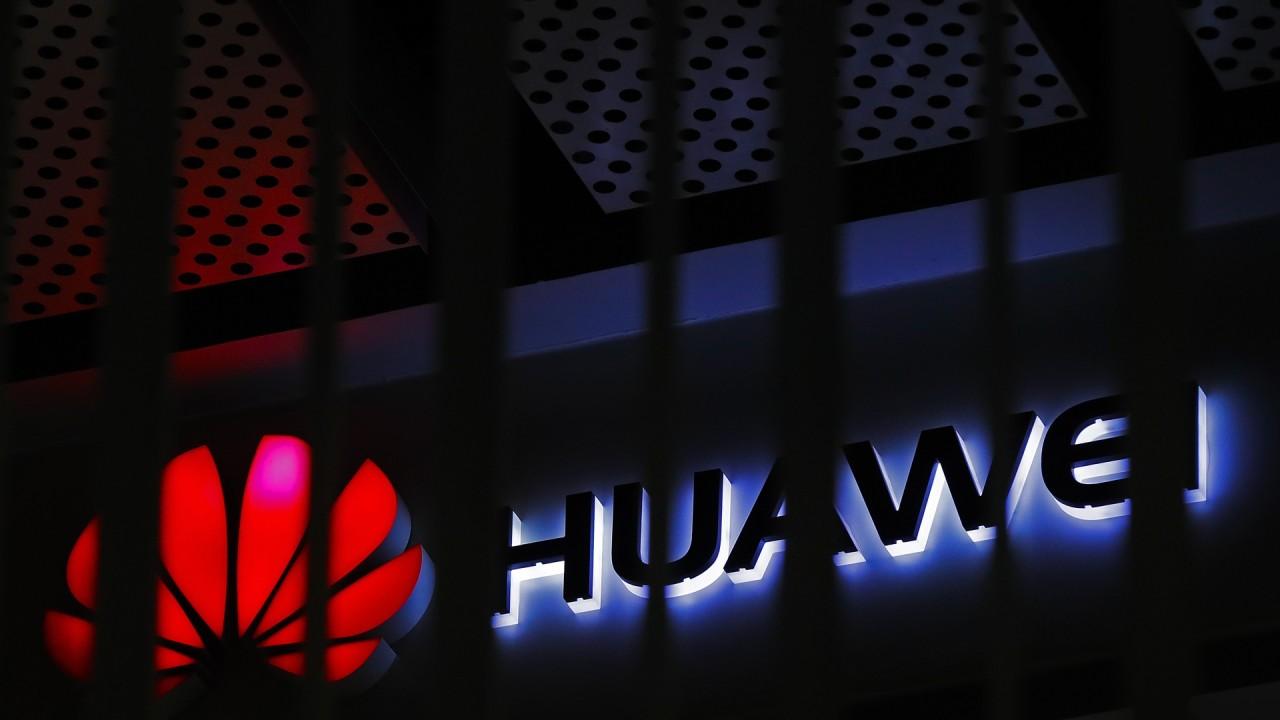Qualcomm president says company's 'business model may be a stabilizing force' between U.S. and China
Exec says demand for 5G-capable devices will push chip stocks higher
Get all the latest news on coronavirus and more delivered daily to your inbox. Sign up here.
As tensions continue to rise between the United States and China on everything from trade to coronavirus related actions, some American companies are concerned about being caught in the crossfire. Despite being a major supplier of chips for smartphones made in China, Qualcomm's leadership believes the company is in a good position.
Despite the company's stock sliding down some 10 percent year-to-date due in part to the withering relations between the two superpowers, in an interview on FOX Business Network's "Barron's Roundtable" Qualcomm President Cristiano Amon expressed confidence for the days ahead. “We feel kind of fortunate to be in a position that our business model may be a stabilizing force between the two countries and hopefully bring people to the table to find a win-win solution,” Amon told the program's host Jack Otter.
HUAWEI DEALT CRITICAL BLOW WITH US RESTRICTION ON CHIPMAKERS
Still, some chip industry watchers believe that the company's reliance on China and uncertainty about smartphone supply and demand --- part of the economic fallout from the global coronavirus pandemic has still raised some doubt about the company's positioning.
| Ticker | Security | Last | Change | Change % |
|---|---|---|---|---|
| QCOM | QUALCOMM INC. | 145.59 | -0.23 | -0.16% |
The United States' recent ban on Huawei from purchasing semiconductors from U.S. companies, has prompted concerns over retaliatory moves against companies such as Qualcomm. However, Amon said this is not an issue for his company.
"We are not that exposed to Huawei," said Amon, "so the impact on Qualcomm is not that great versus other companies.”
Huawei accounts for roughly 3 percent of Qualcomm’s revenue, per CFRA analysis.
WILBUR ROSS: TAIWAN SEMICONDUCTOR TO BRING SUPPLY CHAIN TO US
Still, on Friday the U.S. added 33 companies to its economic blacklist for helping Beijing spy on its minority Uighur population and because of ties to weapons of mass destruction with China's military.
It raises the ante in adversarial relations between the two countries. According to a recent report in the Global Times, citing a source close to the Chinese government, China might add some U.S. companies its own version of a blacklist and the companies in the crosshairs reportedly include Apple, Qualcomm, Cisco and Boeing.
Recently Qualcomm revised its 2020 outlook to account for global coronavirus-prompted economic fallout.
Amon expects forward momentum for the company, however, as demand builds for 5G-capable smart devices, pushing semiconductor stocks higher. And Bank of America securities analyst Vivek Arya said in a report that radio frequency chip makers will be some of the biggest 5G winners, estimating 5G devices will average $15 to $16 in RF content per device, up from $9 for 4G.
CHINA ASKS UNITED STATES TO STOP 'UNREASONABLE SUPPRESSION' OF HUAWEI
Canaccord Genuity analyst Michael Walkley wrote in a note that despite renewed tensions between the United States and China, Qualcomm is well-positioned to “benefit from the long-term 5G investment cycle and anticipate recovering earnings in 2021."
CLICK HERE TO GET FOX BUSINESS ON THE GO
Walkley also predicted that 5G handset demand could land between 175 million and 225 million units in the calendar year 2020, and in combination with other revenue segments, could translate to more than $20 billion in sales for Qualcomm and revenue in 2021 could grow 29 percent to $26 billion.





















